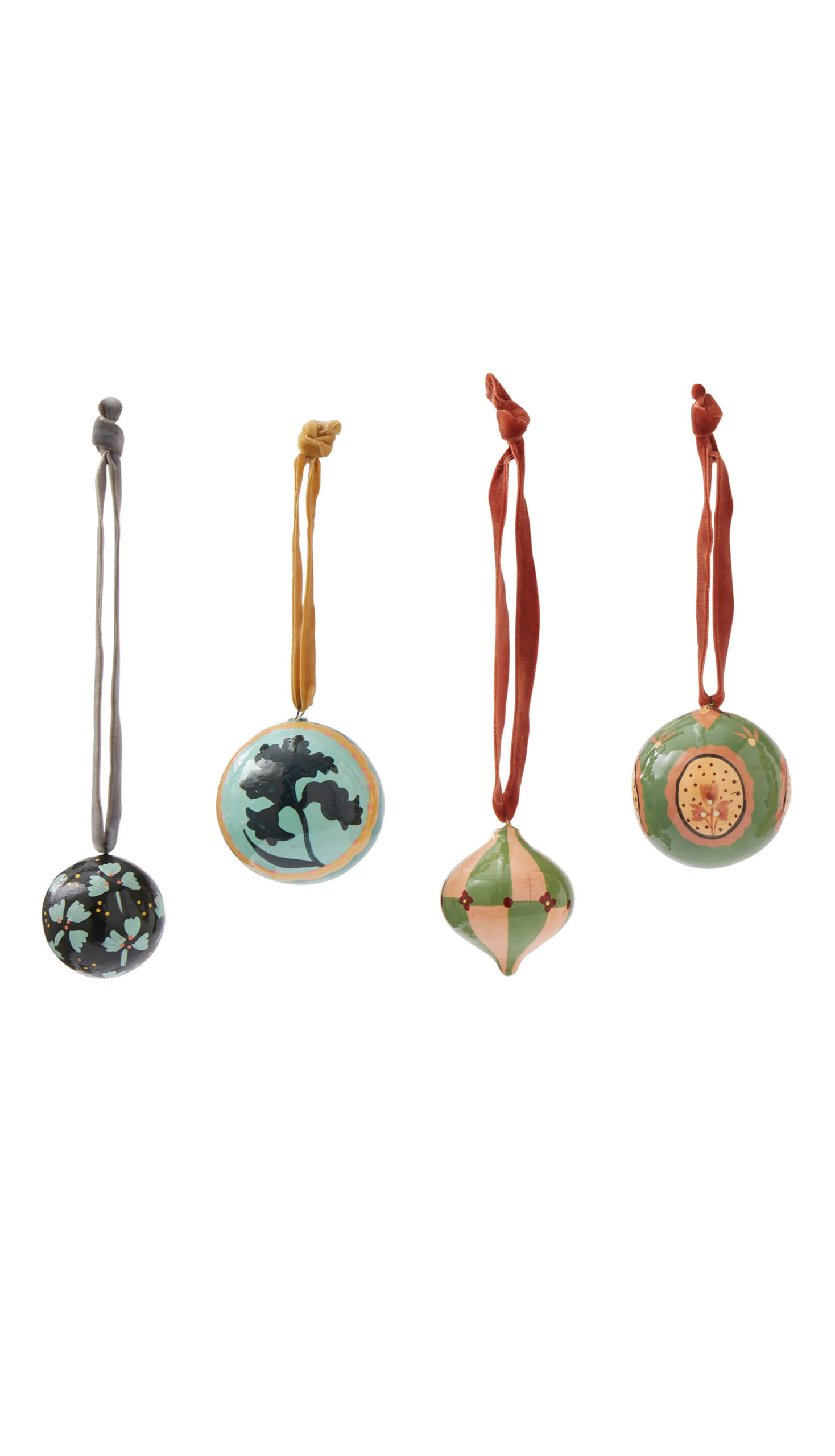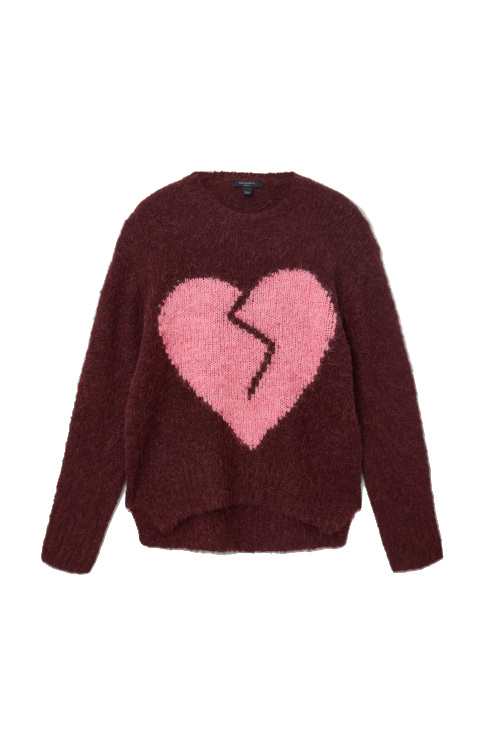
Are These The Most Eco-Friendly Jeans On The Market?
By
12 months ago
Denim to dye for
As stylish as it is groundbreaking, the new Citizens of Humanity collection represents a milestone moment for the jeans industry with the introduction of a pioneering new bio dye. Juliet Herd gives us the rundown.
Inside Citizens Of Humanity’s New Denim Collection
There’s an environmental revolution taking place in the denim industry, and Citizens of Humanity is leading the way with the launch of its first collection featuring a petroleum-free indigo dye.
The creation of pioneering bio dye Eco-Indigo signals a transformative shift in the $90 billion global denim jeans market, representing a major step towards reducing the industry’s environmental footprint.
Known for its commitment to quality and sustainability, LA-based premium denim brand Citizens of Humanity has partnered with French biotech company Pili, which specialises in sustainable dyes and pigments, and Turkish denim mill Orta, to develop the innovative dye.
The new bio-based version of everybody’s favourite blue pigment will debut in the spring collections of both Citizens of Humanity and its sister label AGOLDE with an exclusive pre-launch collaboration with Net-a-Porter that launched on 6 January.
‘Our partnership with Pili represents a pivotal moment in our industry’s journey towards a more regenerative future,’ says Citizens of Humanity Group CEO Amy Williams. ‘As textile manufacturing continues to consume vast amounts of dyes annually – two million tons – it’s imperative that we embrace innovative solutions to mitigate its environmental impact. Pili’s technology, derived from renewable resources, not only addresses this challenge head-on but also offers high-performance denim colour ranges.’
On a mission to decarbonise the colour industry since it was founded in 2015, green chemistry company Pili has developed a ground-breaking method for dye production that merges industrial fermentation – not unlike brewing beer – with sustainable chemistry.
This innovative approach significantly reduces the use of harmful chemicals and fossil resources, while cutting greenhouse gas emissions in half and using one-fifth of the usual water amount.

Image courtesy of Agolde
The denim industry has long been a major contributor to environmental pollution: the production of a single pair of jeans can release 33.4 kilograms of carbon dioxide, which is equivalent to driving a car 69 miles. It also takes around 3781 litres of water to make a pair of jeans, from growing the cotton to in-store delivery.
The new dye provides a safer, more environmentally friendly alternative to traditional indigo, which relies on petroleum-based inputs.
It is also a commercially viable alternative, allowing for large-scale production that does not generate any increased expense linked to the dyeing process, according to Pili, which has focused on building up the necessary capacity to revolutionise colour production globally and do without oil as the main raw material.
‘With our pioneering bio indigo dye, we are redefining the standards of sustainability in the denim industry,’ says Pili CEO Jeremie Blache. ‘By combining biotechnology and green chemistry principles, we are delivering a high-performance solution that meets the demands of both brands and consumers for circularity, sustainability and safety.’
Net-a-Porter was chosen as the pre-launch partner for its ‘commitment to championing sustainability and reducing the impact of luxury fashion,’ according to Citizens of Humanity. ‘Their dedication to supporting brands with sustainability at their core and harnessing innovation to address environmental challenges reflects our shared vision for a better future,’ says the brand’s launch statement.
Citizens of Humanity’s new collection is now available on agolde.com and citizensofhumanity.com. It will launch with all other global retailers in mid-January.





















